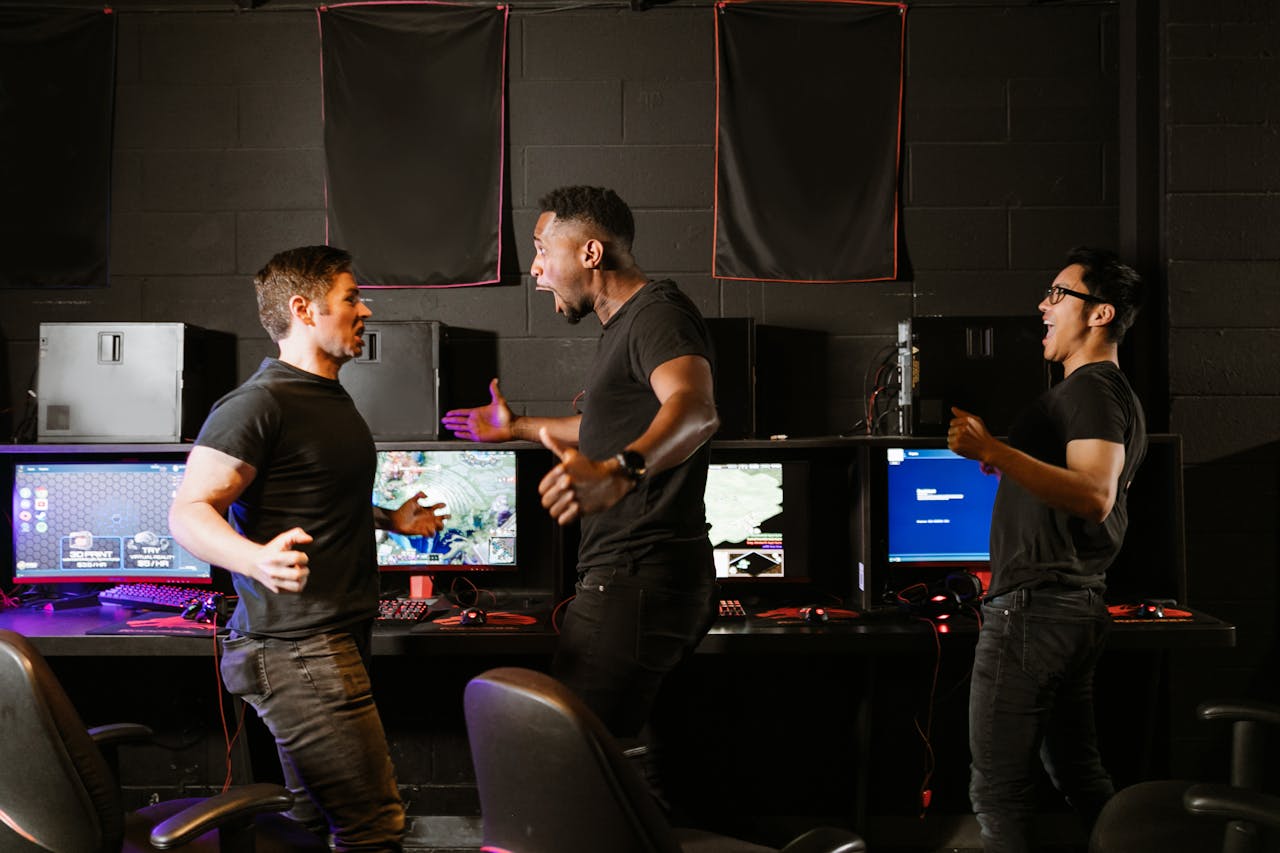Photo by RDNE Stock project: https://www.pexels.com/photo/friends-having-fun-playing-computer-game-7915267/
Recent reports indicate that some publishers are dissatisfied with the initial sales performance of their games on the Nintendo Switch 2, with one anonymously stating that sales fell “below our lowest estimates.” This comes despite strong console sales overall. A report from The Game Business reveals that during the Switch 2’s launch week, Nintendo’s first-party titles accounted for a significant 62% of all game sales, leaving a smaller portion for third-party publishers. While this is an improvement in third-party share compared to the original Switch’s launch, it hasn’t translated into proportional sales given the higher number of Switch 2 consoles sold.
Excluding Cyberpunk 2077 and Fantasy Life i, many third-party games have seen limited success. However, it’s worth considering that the Switch 2 is a more expensive console, often bundled with a Nintendo first-party game like Mario Kart World. Additionally, the console’s backward compatibility with thousands of original Switch games means consumers already have a vast library. Many third-party launch titles are also ports of older games. Despite these factors, Nintendo’s exclusive titles remain a primary driver for console purchases.
Community Insights on Third-Party Sales
The discussion around these sales figures highlights several key points from the gaming community:
A significant concern for many players is the use of “game key cards,” which are physical boxes containing only a download code instead of a full game cartridge. Many expressed a strong preference for full game cartridges and indicated they would avoid purchasing titles distributed via key cards. While some believe this issue affects only a small segment of “hardcore” gamers, others argue that it significantly impacts early adopters, who are often more invested in physical media.
Many players emphasize that Nintendo consoles are primarily bought for Nintendo’s own exclusive games. This sentiment helps explain why first-party titles dominate sales, as these are the unique experiences that draw players to the platform.
The launch lineup largely consisting of ports of older games is another frequently cited reason for weaker third-party sales. Many gamers have already played these titles on more powerful platforms or even on their original Switch, making them less inclined to repurchase them at full price, especially for a portable version. The pricing of these older ports, sometimes even higher than their original release, also drew criticism.
Despite the general struggles, Cyberpunk 2077 is highlighted as a comparative success story. Its strong sales are attributed to being a highly anticipated title previously unavailable on Nintendo platforms and, notably, being released as a full game on a cartridge. This suggests that compelling, well-supported titles that offer a complete physical package can still perform well.
Overall, many in the community believe that while the initial third-party sales may seem low, it’s still early days for the Switch 2. They anticipate that sales will improve as more exclusive third-party titles are released, and as the launch window, dominated by Nintendo’s own games and older ports, passes. The focus remains on future releases that truly leverage the new console’s capabilities and offer strong reasons for consumers to invest.
